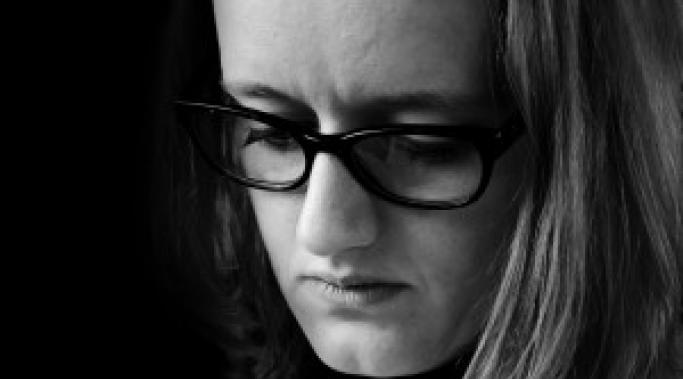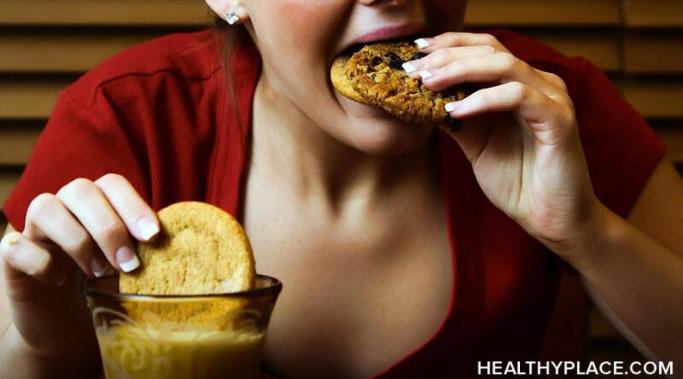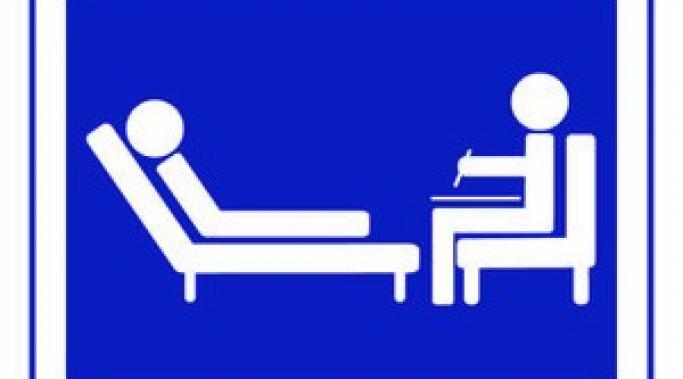Binge eating at festivals used to be an issue for me. Festivals have always been a highlight of my year. The joy, laughter, and abundance of food make these times special. However, for many years, the celebration was marred by my struggle with binge eating. Learning to manage binge eating at festivals was not easy, but through personal experience and practical strategies, I have found ways to enjoy festivals without overindulging. Here's how I did it.
Food Addiction
When you have binge eating disorder, one of the ways your disorder manifests might be through keeping binge eating disorder a secret. Sometimes it's keeping your eating hidden, other times it might take more deceptive forms, including outright lying about what you've eaten, when or how much. It's important to realize that keeping secrets can be part of binge eating disorder and needs to be addressed with a medical professional.
Everyone, at some point in their lives, has indulged in mindless eating, whether they have binge eating disorder (BED) or not. It's so easy to do and simple to not even notice it until it's entirely too late and you've eaten far more than you intended. How can you stop mindlessly eating and take charge of your binge eating recovery?
How does alcohol impact binge eating disorder? How does binge eating disorder impact your alcohol intake? This is going to be different for all individuals. However, psychiatric illnesses sometimes come with an increased risk of addiction. This risk can become even higher if there is a comorbidity with other diseases. But when you have binge eating disorder, drinking alcohol to cope with food anxiety can be a problem.
Binge eating disorder is a real illness. Shocking, I know. Something in the Diagnostic and Statistical Manual of Mental Disorders, fifth edition (DSM-V) (the manual for psychiatric disorders), something that doctors, therapists, and other mental health professionals have been working with, something that has medication for it, is actually a real illness. Take your time, if you need some. I know this might be really startling. But stay with me; binge eating disorder is a real illness..
Dating is difficult enough by itself, but when you date and have binge eating disorder, there are sometimes issues that pop up even when having a simple dinner. There's no easy way to navigate the world of dating or binge eating disorder, but when you are confident, honest, and open, you can make everything a little bit easier. Here are my tips for dating with binge eating disorder without losing your mind.
When you have binge eating disorder, coping after a binge or overeating can be tough. Binge eating disorder is a serious mental illness that is can be very difficult to control. Occasionally, you will slip and binge. The strongest person with the most self-control is sometimes not able to fight off the compulsion to keep eating and the inability to stop once you've started. You might feel a lot of different things after you've binged and that's completely natural. But remember, this one lapse does not mean that you've lost the battle. You can cope after a binge or overeating.
Binge eating disorder can control your life -- if you let it. It is a major mental illness that can lead to an entire host of problems in a person's everyday life. There can be periods of relative calm where the problem is not at the forefront of a sufferer's thinking every day. But there can also be days where the struggle is too much to bear and things quickly get out of control. At times binge eating disorder did control my life.
People who seek therapy for binge eating disorder may face stigma. But there is a lot to gain by going to therapy in general, and when you have an eating disorder, it can help to change your behavior and allow you to understand yourself better. Don't let other people's ideas about what therapy is or isn't stop you from getting the help you need by going to binge eating disorder therapy.
My name is Star LaBranche and I'm so excited to be writing for the new blog, Binge Eating Recovery. I've struggled with my weight and body image my entire life. Although my eating problems went unnoticed for years, I was finally diagnosed with overeating and food addiction (now known as binge eating disorder) a few years ago. Since then, it's been a journey of discovery to find a way to eat, be healthy and feel comfortable in my own skin. It hasn't been easy and there are always setbacks, but I'm on the right path.









